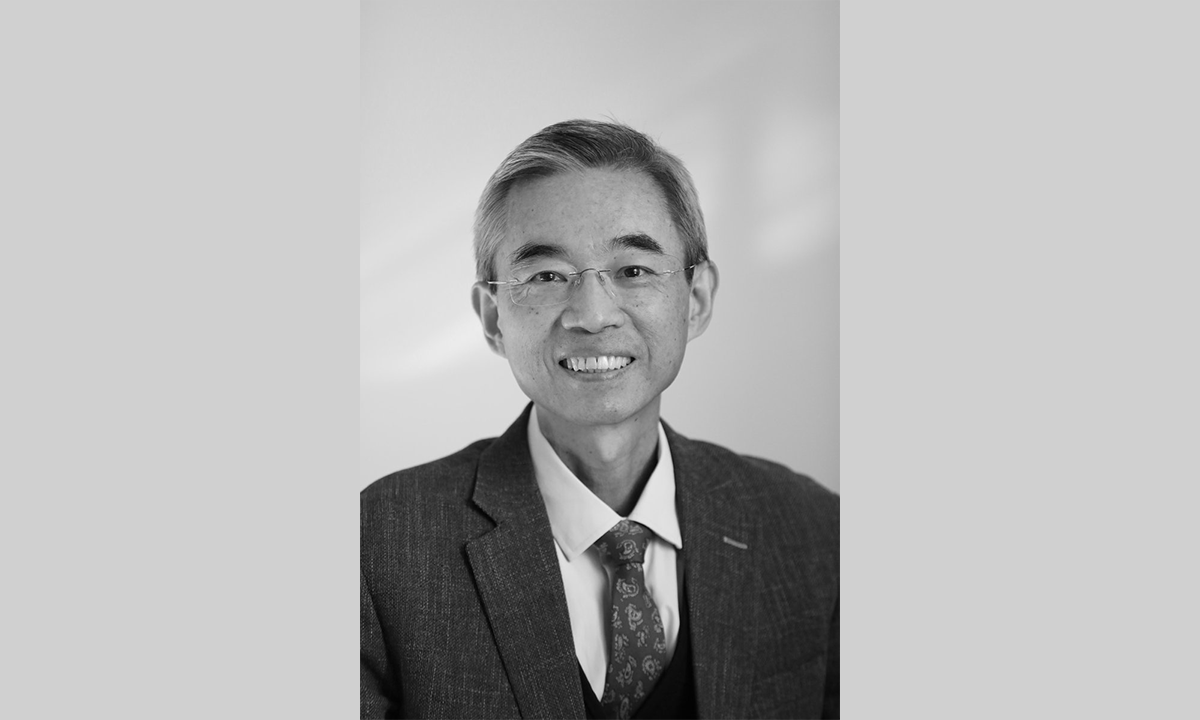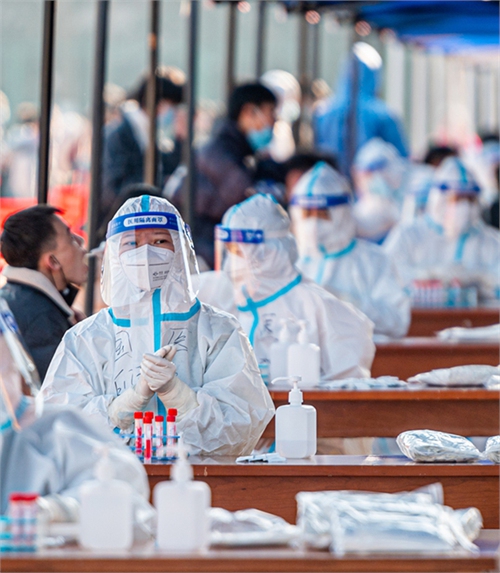
Wu Zunyou Photo:VCG
Wu Zunyou, a renowned epidemiologist from China who played a crucial role in the country's fight against COVID-19, passed away on Friday at the age of 60.
He had been battling pancreatic cancer, which was diagnosed during the pandemic. Wu, who served as the chief epidemiologist at the Chinese Center for Disease Control and Prevention (China CDC), passed away at a Beijing hospital.
In accordance with his wishes, there will be no formal body farewell ceremony, and the funeral arrangements will be kept simple, as per the obituary released by the China CDC.
Throughout the past three years, Wu actively contributed to the prevention and control of COVID-19. As the chief epidemiologist at China CDC, he conducted scientific evaluations of the virus' spread and transmission across the country and in key regions. He also played a crucial role in describing the clinical spectrum and epidemiological characteristics of COVID-19, comparing it with previous outbreaks such as SARS and MERS.
Wu was dedicated to public engagement and frequently appeared in the media, including television, radio, and newspapers, to raise awareness about preventive measures for diseases like HIV/AIDS and COVID-19. He was a familiar face at press conferences held by the State Council's Joint Prevention and Control Mechanism, where he addressed the public's concerns and queries regarding the COVID-19 epidemic.
Gao Fu, former director of China CDC, praised Wu as a good comrade, a true epidemiologist, and a scholar, according to media reports. Gao emphasized Wu's dedication to his work even while battling illness as a quality to be admired and learned from.
Wu's physical appearance also garnered attention during the epidemic. His previously full head of black hair turned white, prompting a reporter to ask him about it in March when he became a national political advisor.
Wu humbly responded that his contributions were nothing compared to those working on the frontlines, some of whom had even lost their lives. He acknowledged that many others faced greater pressure and made more significant contributions than him.
In January 2021, Wu began experiencing physical discomfort but did not seek medical attention due to his busy schedule. It was not until February that he was diagnosed with pancreatic cancer and underwent surgery in Zhejiang. By the summer in 2022, the cancer had spread to his lungs, leading to a second surgery. During this time, he lost half of his body weight, according to WeChat account CDC Jikongren, a social media account specializing in disease prevention and control.
Pancreatic cancer is a common malignant tumor in the digestive system and is known as the "king of cancers" in the field of oncology. The five-year survival rate after diagnosis is approximately 10 percent, making it one of the cancers with the worst prognosis, according to The Lancet.
Wu was born in Huangshan, Anhui Province, in June 1963. He attended Anhui Medical University, where he obtained his bachelor's and master's degrees in the Department of Health. After graduating in 1988, he began working at the Anhui Provincial Center for Disease Control and Prevention.
Wu pursued further education at the University of California, Los Angeles (UCLA), where he obtained a master's degree in Public Health from 1991 to 1992 and a doctoral degree in Epidemiology from 1992 to 1995.
He returned to China after completing his PhD and focused on the prevention and control of HIV/AIDS. He also played a role in the prevention and control of the SARS outbreak in 2003. In 2005, Wu became the director of the National Center for AIDS/STD Control and Prevention at China CDC. In April 2017, he was appointed as the chief expert in epidemiology at China CDC.

